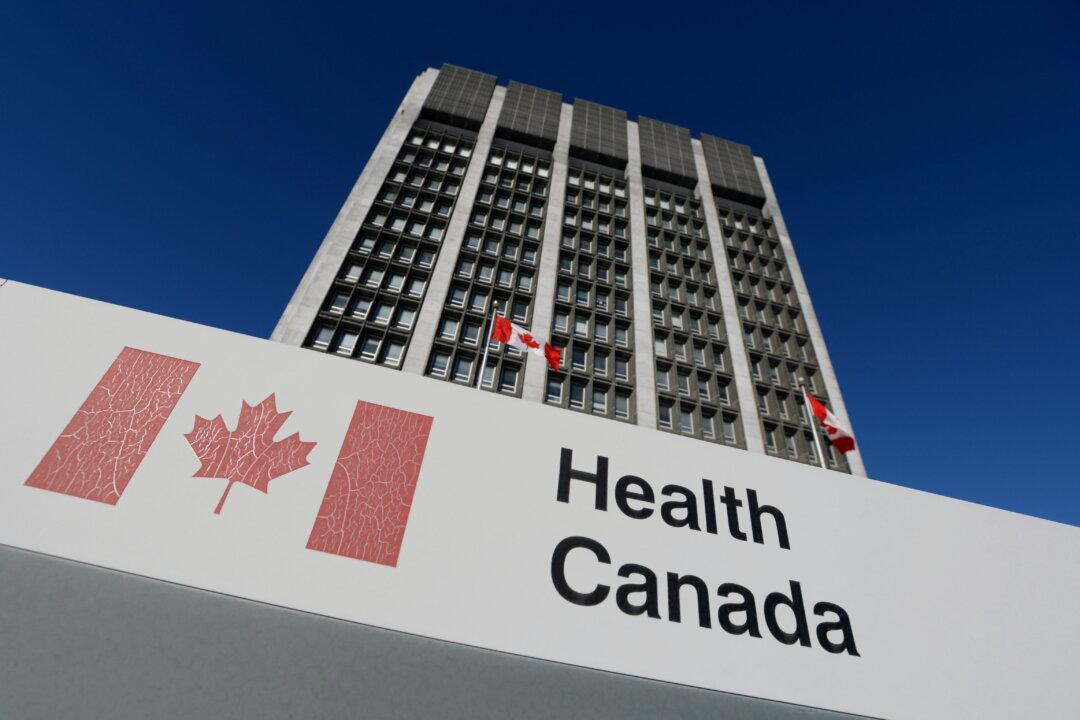Canada’s Vaccine Injury Support Program (VISP) has surpassed $11.2 million in payouts, according to updated bi-annual records.
VISP was launched in June 2021 following the rollout of the COVID-19 vaccines. Since then, 2,233 applications have been received by the program. Of those, 1,825 were deemed admissible, 1,032 are in the process of collecting medical records, and 138 claims have been approved by the Medical Review Board. Another 164 applications are pending review for eligibility.





